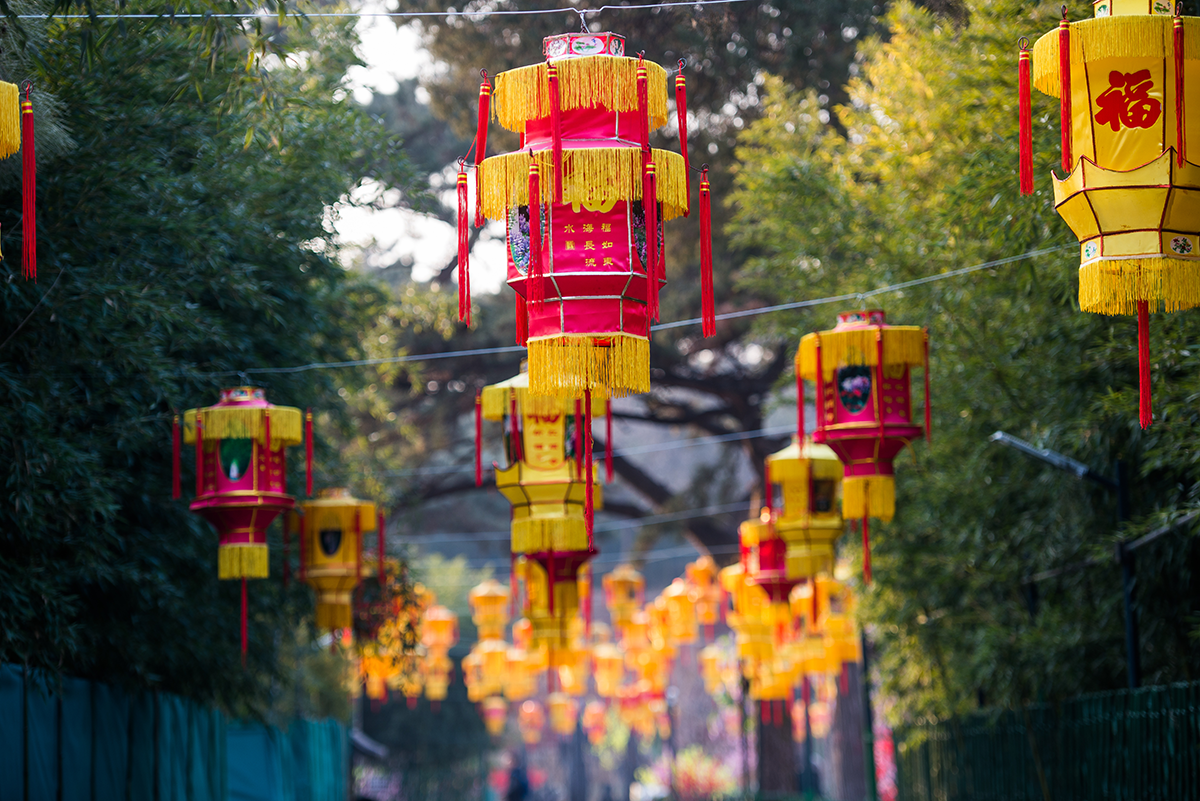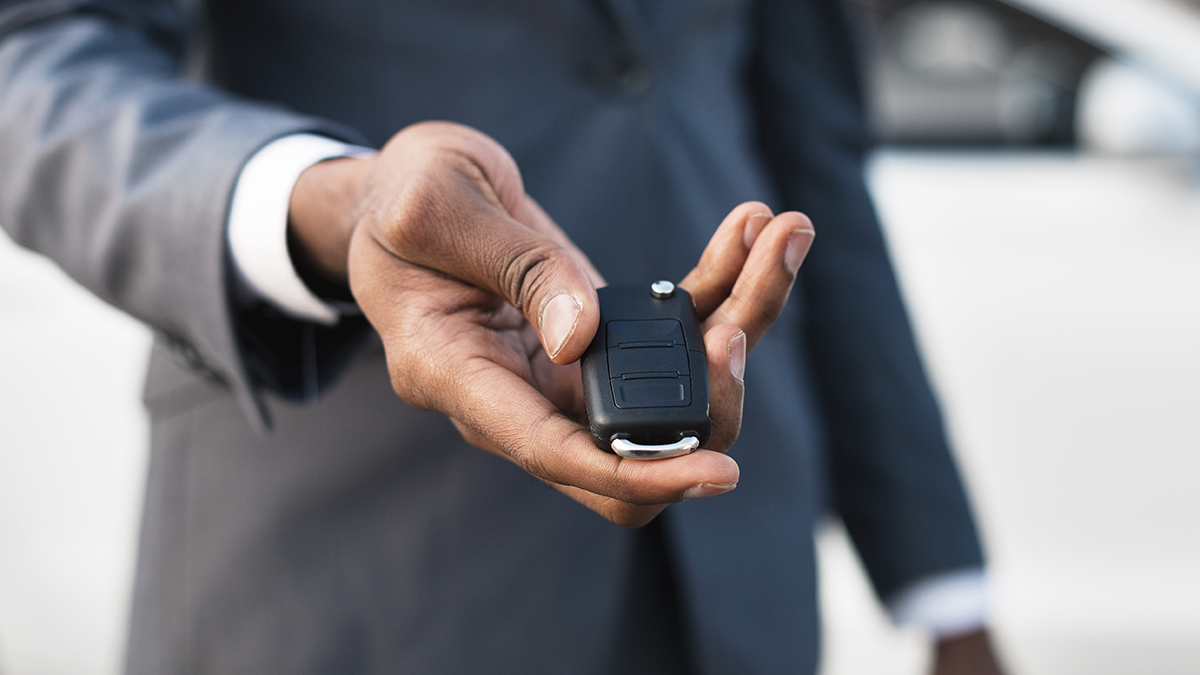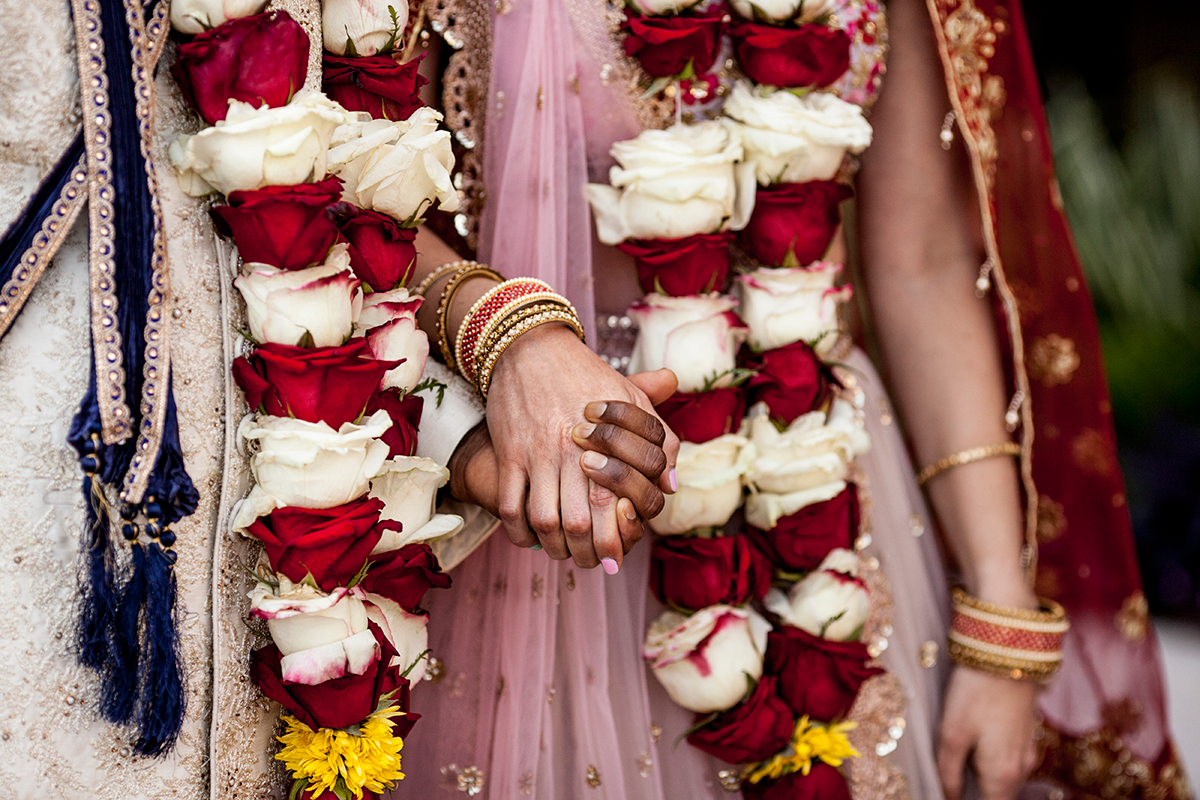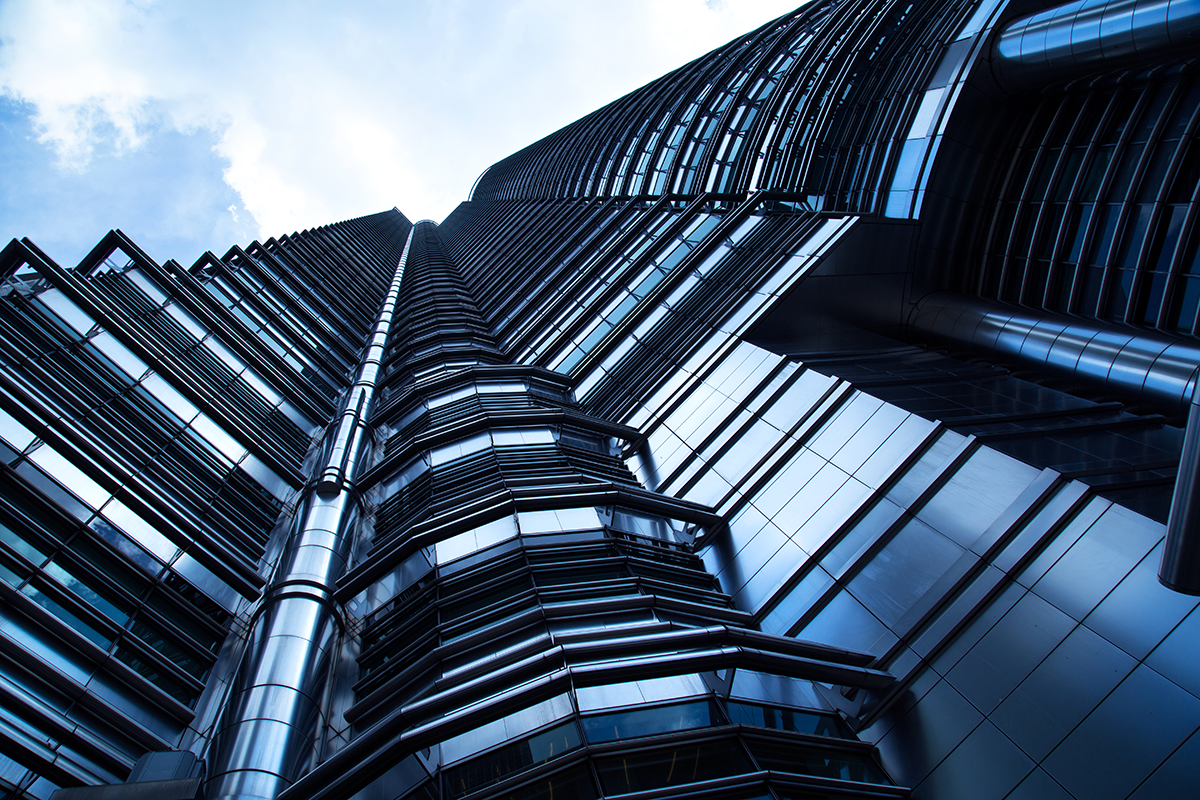Gong Xi Fa Cai!!
Happy Chinese New Year!!
RED RED RED
Take out your red outfits and decorations as Chinese New Year (CNY) is just around the corner! Every year, the theme is red; therefore you do not have to crack your mind to figure out what colour you should wear. However, during CNY it is taboo to not wear the colours of black and white as they are colours that the Chinese community wear traditionally to mourn.
Red decorations everywhere! In psychology, the colour red could be associated with anger, hunger, love or passion. During the CNY however, the colour red is associated with good luck, good health, and good wealth.
Year of the Fire Rooster
2017 is the year of the Fire Rooster.
If you are born in the year of the rooster (1933, 1945, 1957, 1969, 1981, 1993 and 2005), your luckiest things are:
Numbers: 5, 7, and 8
Days: the 4th and 26th of any Chinese Lunar Month
Colours: Gold, Brown & Yellow
Directions: South, Southeast
Lucky months: the 2nd, 5th and 11th Chinese Lunar Month
. . . and your unluckiest things are:
Colour: Red
Numbers: 1, 3, and 9
Direction: East
Unlucky months: 3rd, 9th and 12th Chinese lunar months
Spring Clean & Kitchen God
In Chinese culture, CNY is not a religious celebration, but it is a celebration to welcome Spring. It is a custom where before the day of CNY, you have to clean your home or business space spic and span, but it is a big no-no to clean your space on the first day of CNY as it is associated with sweeping the wealth away.
There are some that pray to the “Kitchen God” (Zhao Shen) as he watches over the domestic affairs of a household. He will ascend to Heaven on CNY to give his report of the family member to the Jade Emperor, who is the Emperor of Heaven. The household would “bribe” him with “Nian Gao” – a sticky cake made of sugar and honey so that a “sweetened” version of the report would be provided instead. Zao Shen is also a moral force in the lives of the family members.
Reunion Dinner
During CNY’s eve, it is a tradition for all family members to get together as it is the last year of the Chinese Lunar Calendar before venturing into the New Year. The family’s usually will cook and eat food that has a good sounding name to it in the Chinese language such as “cai tao gui” (turnip cake) is associated with the phrase “hao cai tao” which means good luck, or “nian you yu” (fish) which means ‘may the year bring prosperity”, and each dish will have its head and tail as it refers to wholeness and completion of a task.
Yee Sang Toss
Another new tradition that started about 30 years ago is the Yee Sang Toss. The Yee Sang Toss is basically Chinese salad being put on a large plate that is toss in the air while you make a wish out loud. Each person would then eat it after the toss as it is said to make all your wishes come true.
You should make reservations to any Chinese restaurant close to you and give it a try for experience with your family. Who knows your wish may come true if not, you would have a yummy salad anyways.
Ang Pow Packets
If you are either young, single or unmarried, expect to receive ‘Ang Pow’ (Red) envelopes from married couples or the elders. It is a tradition for parents, grandparents and married couples to give money in even amounts as a wish of good luck in their studies, life, career, health and happiness. In today’s culture, it is also common for the young to give ‘Ang Pow’ to their parents and elders.
Lion Dance
Lion dances are one of the most important traditions that not only families would have in their homes, condominiums and offices. The significance of the Lion Dance is to bless the home or business so that they would have a year of good wealth, health and prosperity. The Lion Dance is usually done after CNY.
Did You Know?!
That Malaysia’s Lion Dance Team from Muar, Johor (The Kun Seng Keng Lion and Dragon Dance Association) holds the world championship title for the World Championship of Lion Dance!
Check out HappyGoKL’s Guide to catch a Lion Dance performance at your nearest location:
http://happygokl.com/lion-dances-in-kl/
Gong Xi Fa Cai from us all at TEAM PATHFINDER We wish you and your loved ones a very Healthy, Happy and Prosperous Year of the Rooster!




